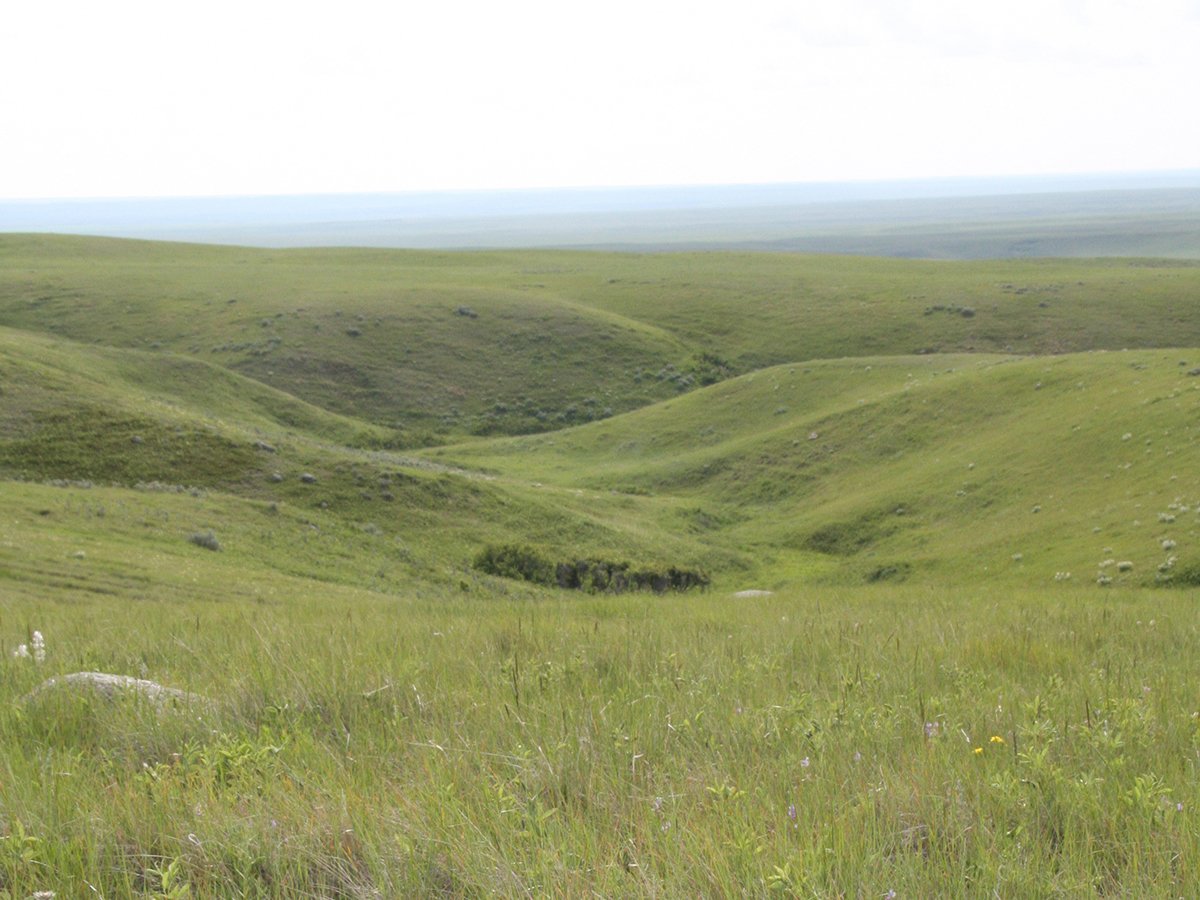SASKATOON – An election is held only once every four years, but nominations for the advisory committee of the Canadian Wheat Board are trickling in to Winnipeg.
As coordinator of the producers’ vote, B.C. Lemon supervised as 123,000 farmes, all of them CWB permit holders, were mailed brochures and nomination forms.
A week before the deadline, he received seven responses, and one more was still in the mail.
“There’s 11 districts, and some have no nominations yet at all,” said Lemon.
Four years ago, “three or four of the districts were acclamations. The response to nominations tells us something. (Last time) in some of the districs as many as four people were running, but so far there doesn’t appar to be anything like that.”
Read Also

Alberta irrigation project on grasslands approved
Environmental concerns raised by Alberta conservation groups over irrigation expansion project within rural municipality
Lemon was optimistic that, during the week before the 5 p.m. Sept. 16 deadline, more nominations would arrive.
Forms must be accompanied by a short biographical history of the candidate, and a certified cheque or money order for $100 payable to “election coordinator in trust.”
The deposit is refunded to all candidates who are elected or who receive a certain number of votes.
Candidates must be 18 years or older, Canadian citizens or permanent residents, and be named in a valid 1994-95 delivery permit book.
Also, they must have their primary delivery point in the electoral district for which they are nominated. (For information phone 204-942-0051.)
The advisory committee’s role is to provide communication between western grain producers, advise the CWB on operational matters and assist in developing policy proposals. The new term begins in january.
What do advisory members get from the experience?
“They would gain enhanced knowledge of the operations of the Canadian Wheat Board and how ti interacts with other facets f the grain industry,” said CWB information officer Brian Stacey. “They also provide input and represent their consituents’ views.”
Each month elected members attend meetings with board and service staff and go through CWB operations. They serve as a “useful soudning board” on issues on policy and operations, said Stacey.
Members are paid $150 per day of the usually one- or two-day formal meetings and up to $150 for travel expenses. Costs are also covered for district meetings, according to committee vice-chair John Clair, who farms near Radisson, Sask.
Clair said the members get an $1,800 allowance per year. The $150 per month covers meals, mail, phone and other expenses incurred doing CWB business. Fax machines are provided because there’s a “fair bit of reading.”
While the number of nominations may be low, interest remains high at voting time. Four years ago, one-third of the eligible farmers cast their votes, Stacey said.
In turbulent philosophical times facing the CWB, Clair acknowledged there are individuals “on both sides” of the CWB already in the committee who may be seeking nomination.
“There’s a group that feel the wheat board shouldn’t have single-desk selling. They’ll run on that as their main platform, which is right at the heart of the wheat board.
“Therecan’t be a board and another way – either we have the Canadian Wheat Board or we don’t,” Clair said.
















